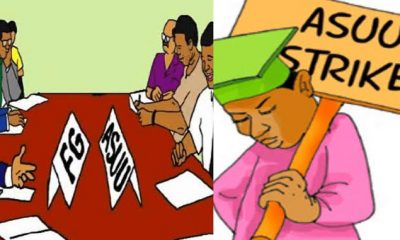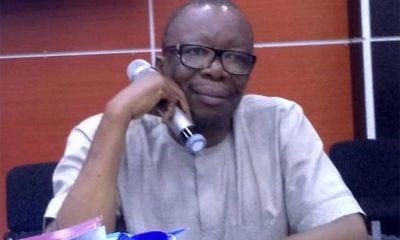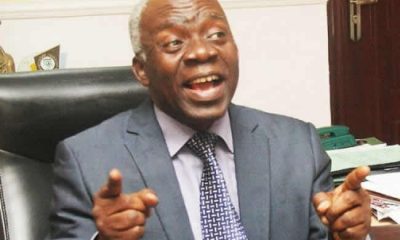News
ASUU to FG: Stop De-marketing Public Universities
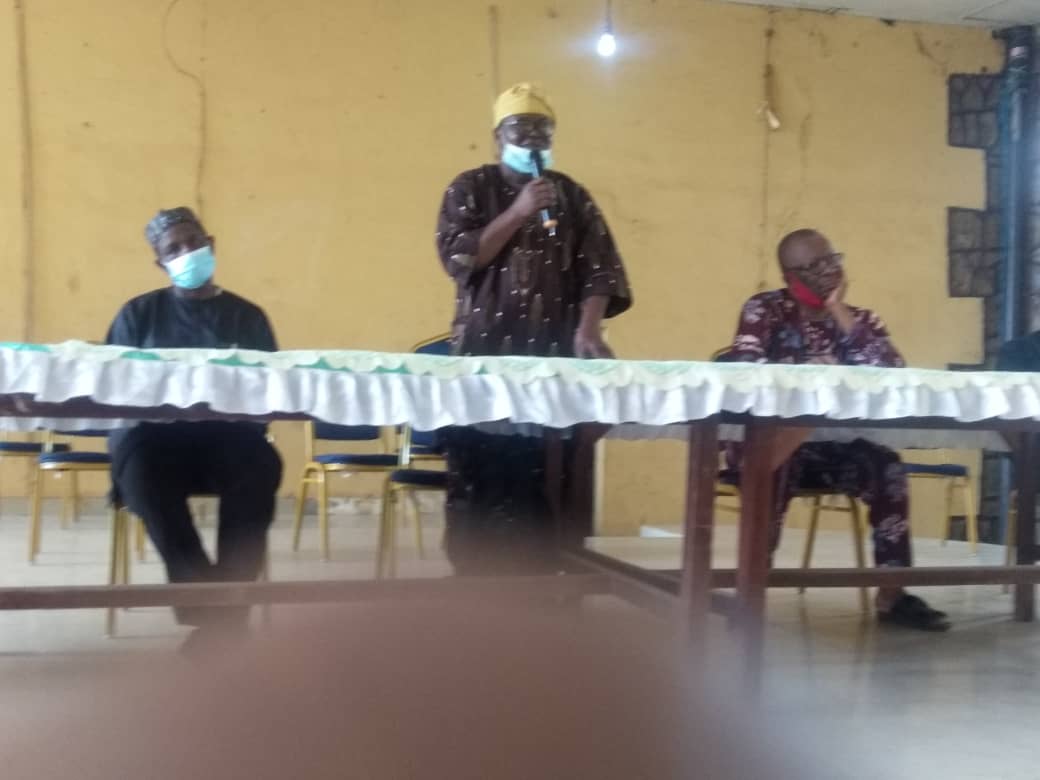
By Steve Oni, Ilorin
The Academic Staff Union of Universities (ASUU) has accused the federal government of conspiring with owners of private universities to de-market public universities in the country.
According to the Union, the conspiracy had resulted in the proliferation of private universities and deliberate underfunding of public universities owned by both the federal and state governments.
ASUU President, Professor Abiodun Ogunyemi, disclosed this in Ilorin, the Kwara state capital, at a Town and Gown Meeting, ASUU held with parents, students’ union leaders and alumni of universities to further explain the union’s position on ASUU’s ongoing strike action.
ASUU President said: “The issue is a calculated attempt to de-market public universities by the owners of private universities in conjunction with Nigeria’s rulers. There is also this attempt to underfund these public universities so as to make them surrender.
Discerning minds should know that we cannot divorce the assault on public universities today from the general trend in the society, which is the usual refrain that
government has no business in business. What we are seeing today in the education sector is a reflection of what is happening in the larger society.”
Prof Ogunyemi reiterated that ASUU’s position on the Integrated Personnel and
Payroll Information System (IPPIS) remains the same.
“IPPIS has created so much tension that Nigeria’s government has elevated it above our main demands. We have been rejecting and still rejecting IPPIS because it violates university autonomy.
“IPPIS means that before any Vice Chancellor can bring in a new
lecturer that a university desperately needs, the vice chancellor will have to go and seek clearance from the accountant general of the federation and possibly the head of service. We think we have gone beyond taking Nigerian universities back into the ambit of civil service.
“Our situation in Nigeria is programmed to discourage investments in public institutions particularly the education and health sectors so that the private ones can thrive.
“Today, we even hear government saying that public secondary schools will be privatised. At least we heard a junior minister who said that unity schools that were not performing will be privatised. A minster once tried that but for the resistance of stakeholders including ASUU. We in ASUU stood our ground and
identified with other stakeholders and insisted that to privatise unity schools will sound their death knell.
.
“We are challenging the FG that education should be handled as an
investment for the future of the country. Education being provided by government is not a favour but doing what is necessary. The challenge we have today in the education sector is huge. This is because we can see the irony of our situation that private universities are almost outnumbering public universities.
“ASUU believes that education is the greatest weapon we have to transform our society; education is the strongest weapon to equip our youths with skills, knowledge and values that will make them useful not just to themselves but to our society.
“Corruption will be difficult to pin down by any government that makes access to subsidised facilities and services like public university education impossible. People will find ways of responding to their existential requirements, what they need to make meaningful life. We must realise that freedom is never given on a platter of gold. Freedom must be demanded for and where necessary fought for. Nothing good comes easy.”
On ASUU’s over five months old strike, Prof Ogunyemi said: “In 2009, after much pressure, ASUU signed an agreement with the Federal Government. That agreement was supposed to be renegotiated by 2012, 2015, 2018 and after that 2021, which means by now we should be talking about the fourth or fifth negotiation; but as at today we have not been able to renegotiate it once.
“There are four major areas in that agreement that we have been
talking about. They include funding, condition of service, university autonomy and academic service and other matters.
“In the last 10 years, budgetary allocation to education has not gone beyond 10 percent, which means even that agreement that we should have been reviewing today has not only been set aside, it has been totally ignored.
“ASUU members’ salaries have remained in the same salary structure since 2009 till date. That has been the fate of Nigerian universities and lecturers because of the impossibility of this renegotiation of the agreement reached in 2009.”
-

 News4 days ago
News4 days agoCapacity Building: OHIS Organizes Retreat For New Board Members
-

 News3 days ago
News3 days agoFamily Of Gruesomely Murdered Pastor Cries For Justice
-

 News2 days ago
News2 days agoJust In: Nigerian Governor Dethrones 15 Traditional Rulers, Reinstates 7
-
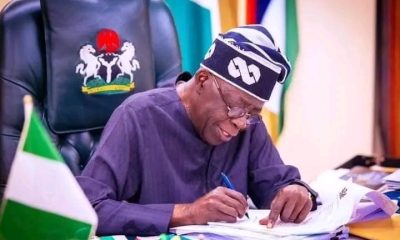
 News3 days ago
News3 days agoTinubu Appoints Consuls-General, Chargè D’ Affairs For 13 Countries


